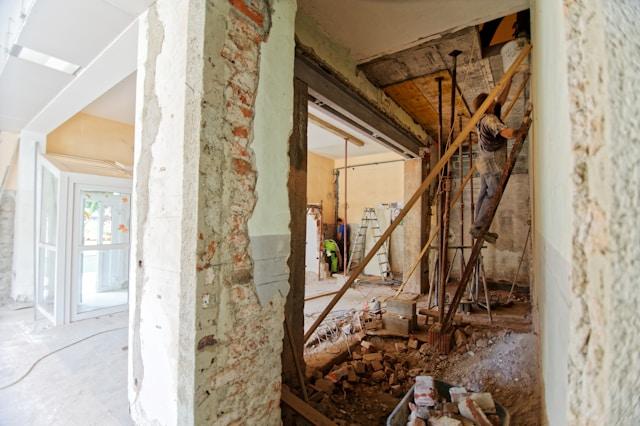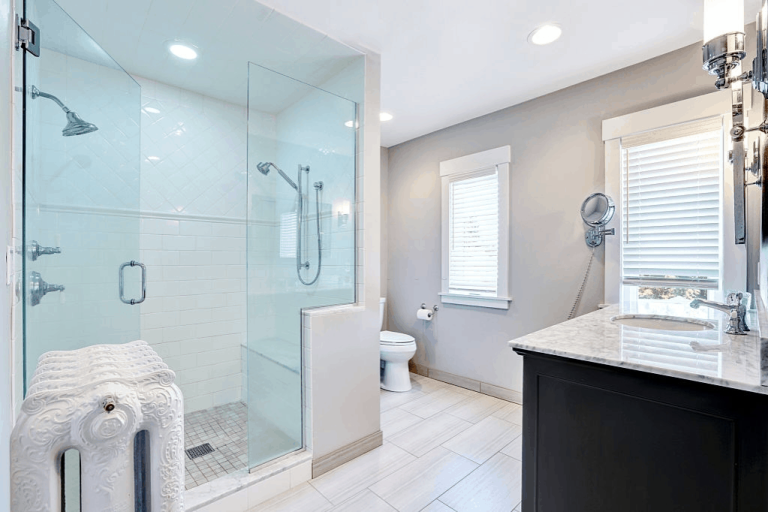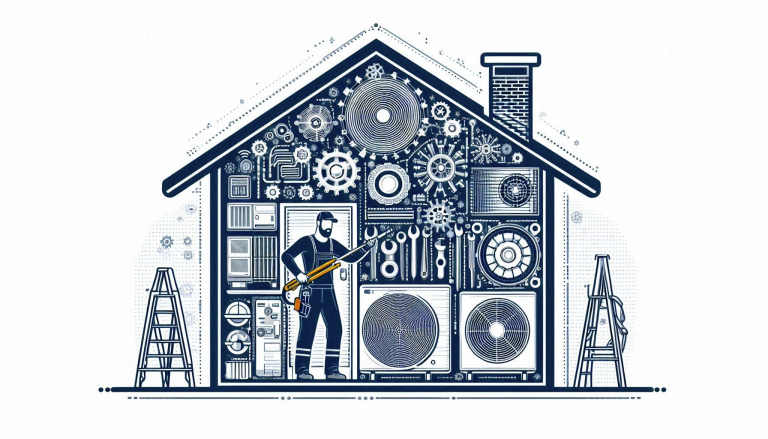6 Renovation Mistakes First-time Homeowners Make
Remodeling projects come with their fair share of challenges, so it’s smart to take lessons from past missteps. Understanding what to avoid can help you save both time and money, ensuring your renovation doesn’t end in regret. To simplify the process, we’ve outlined the six most frequent, and expensive, remodeling errors.
Rushing
Many homebuyers enter the market knowing they’ll want to make updates after purchasing a home. However, failing to plan carefully and rushing into renovations can lead to issues. It’s best to prioritize essential repairs before tackling cosmetic updates.
Hold off on starting aesthetic renovations right after moving in. Instead, focus on any critical repairs that might affect the functionality of your home. These issues are often brought to light during the home inspection process.
The National Association of Realtors recommends addressing structural or foundational problems first. Once these are resolved, you can shift your attention to the cosmetic updates you’ve been looking forward to.
Wrong Contractor
It’s common for homeowners to quickly hire the first interior designer or contractor they come across. They also go with someone highly recommended by a friend. Unfortunately, this can sometimes lead to realizing midway through the renovation that their approach or style doesn’t completely match your expectations.
It’s essential to work with a trusted and experienced professional. Also, recommendations from friends or family can be helpful. However, what worked well for someone else might not necessarily suit your specific preferences or needs. Excel Builders Rehoboth Beach has the experience, knowledge, and reputation to guide you through the renovation process.
Overlooking Essential Renovations and Repairs
When you purchase your first home, it might feel flawless at first. However, every house comes with its own set of challenges, fortunately, most of them are manageable. Delaying necessary repairs or renovations, though, can snowball into larger issues and increased expenses.
Broken appliances or unusable spaces in your home add stress to your daily routine and strain your budget. While we understand you’ve just made a major financial commitment, tackle these fixes as soon as possible to avoid complications down the line.
To stay on top of things, consider making a checklist as soon as you move in. This can help you stay organized, focus on the most critical tasks, and enjoy the results of your efforts sooner. Ultimately, taking charge quickly allows you to make the most of your new home.
Overrating Your DIY Abilities
While there are plenty of enjoyable and simple DIY projects available online, stay realistic about your skills. If you’re confident in tasks like painting a front door or putting up shelves, go ahead and give them a try. However, for major renovations, leave them to the experts unless you have substantial experience and knowledge.
It’s easy to get inspired by home improvement apps and view DIY as a budget-friendly solution. But mistakes can get expensive, potentially costing you thousands to fix and even reducing the value of your home.
If you’re set on contributing to your home’s improvement, focus your efforts on the finishing touches. This might include painting, decorating, landscaping, or other detail-oriented tasks. Interestingly, over 30% of homeowners consult architects and 41% meet with interior designers.
These consultations can provide valuable insights into what needs professional input versus what could be managed on your own. Assessing your skills honestly as you plan your renovations and discussing them with your contractor will help ensure a more successful outcome.
Getting the Incorrect Permits
Home renovations or improvements can significantly enhance the value of your property. However, before you begin, you might need to handle various permits or coordinate with your HOA board. Many HOAs require approval for any exterior changes, such as adding a room or building a porch. Be sure to consult your HOA before starting any visible alterations.
It’s typically the contractor’s responsibility to obtain the necessary permits. This emphasizes the importance of choosing a reliable professional. Depending on the project’s size and complexity, multiple permits may be required. Securing them takes time. This is a key reason why renovation timelines can sometimes be extended.
Unrealistic Expectations
When most people think about renovations, they picture a complete transformation. The truth is that renovations are more modest in scope. Many original aspects of your home, such as wiring or electrical systems, may remain untouched during the process.
It’s also a common misconception that renovations are quick; even smaller projects like updating your flooring can take several days or even weeks to complete. The key to a successful renovation is defining your goal.
Whether it’s installing energy-efficient lighting to create a more welcoming atmosphere, upgrading your space to increase its resale value, or making it more accessible for a senior family member, having a clear purpose ensures your renovation aligns with your needs.
Endnote
Home renovations come with plenty of considerations, and it’s easy to overlook details that could cause issues down the line. Working with an experienced architect ensures your renovations are both sustainable and thoughtfully designed to fit within the community.







